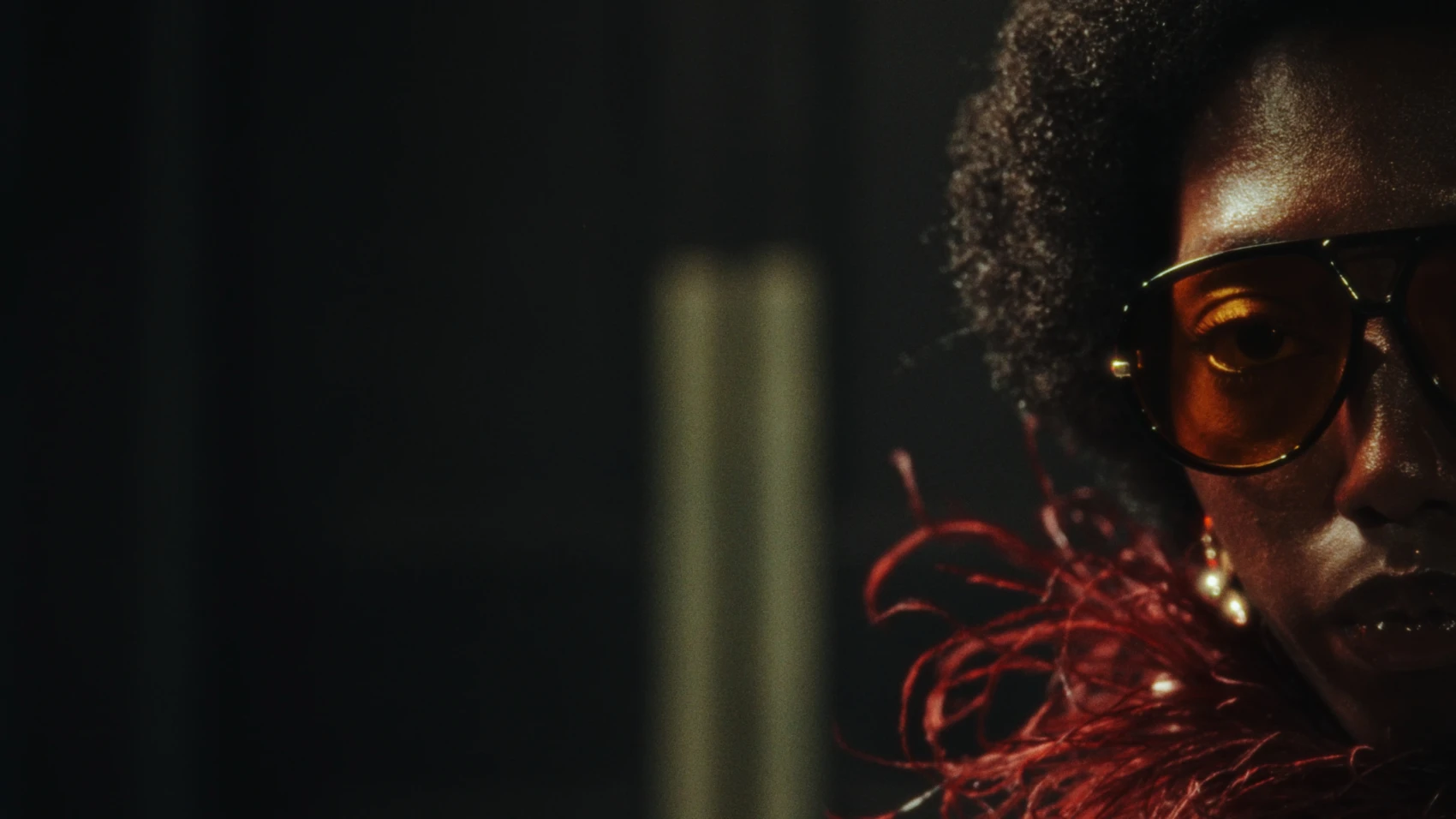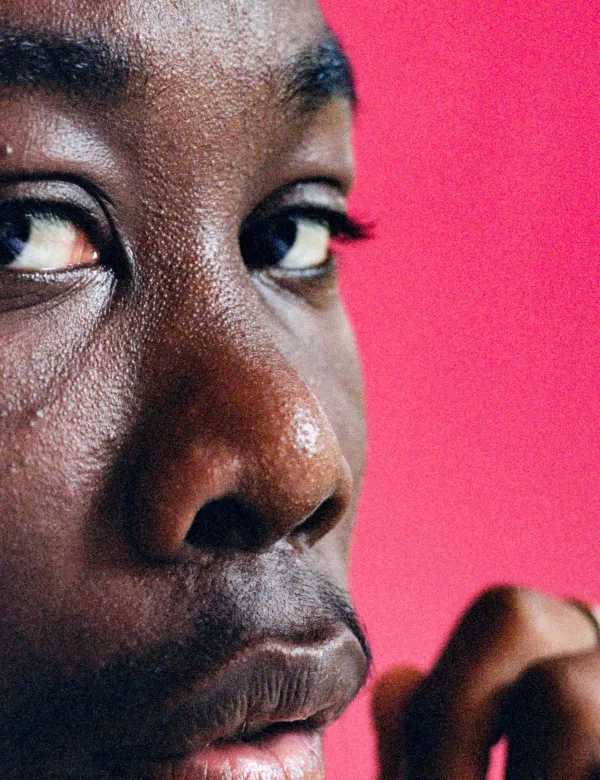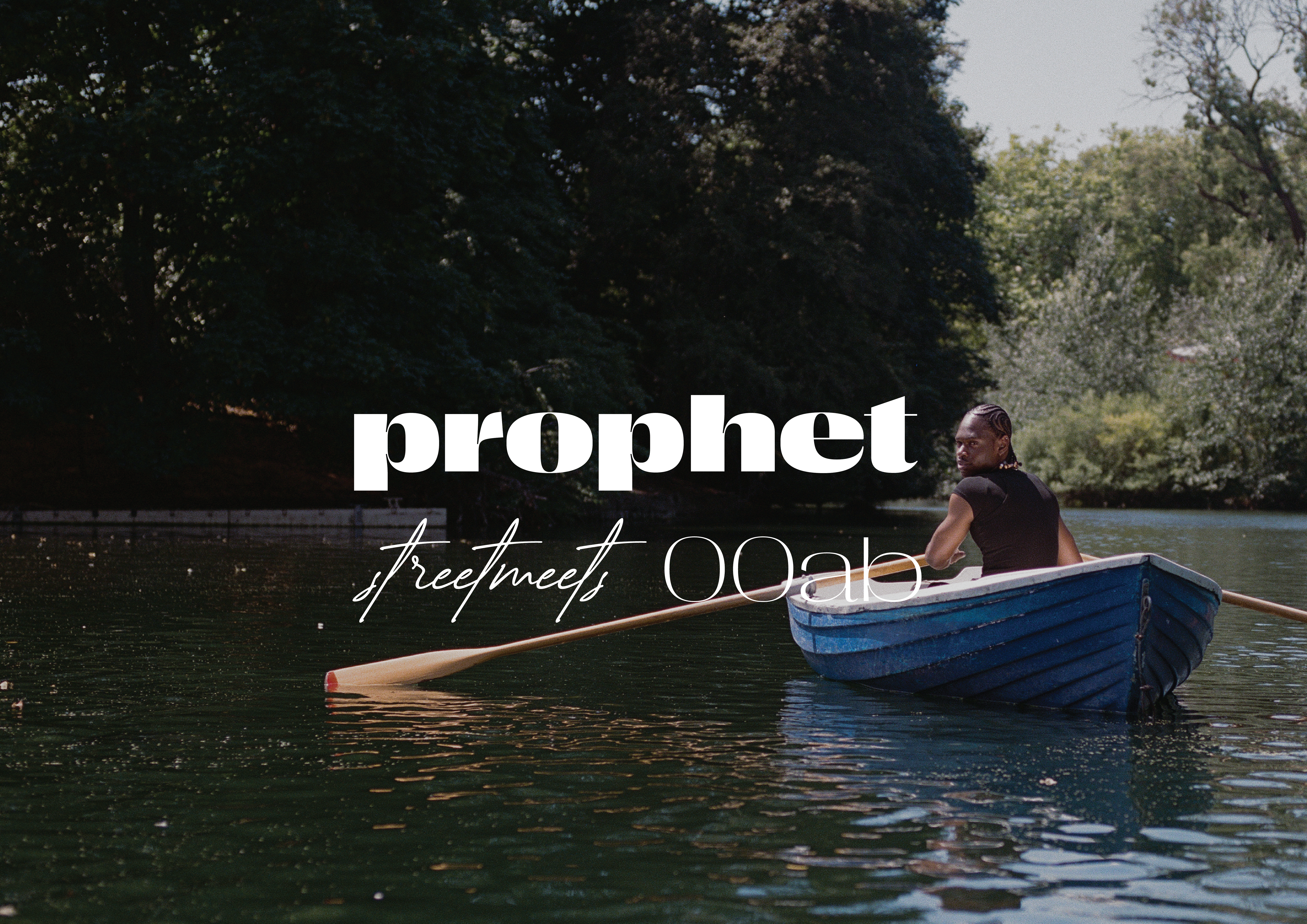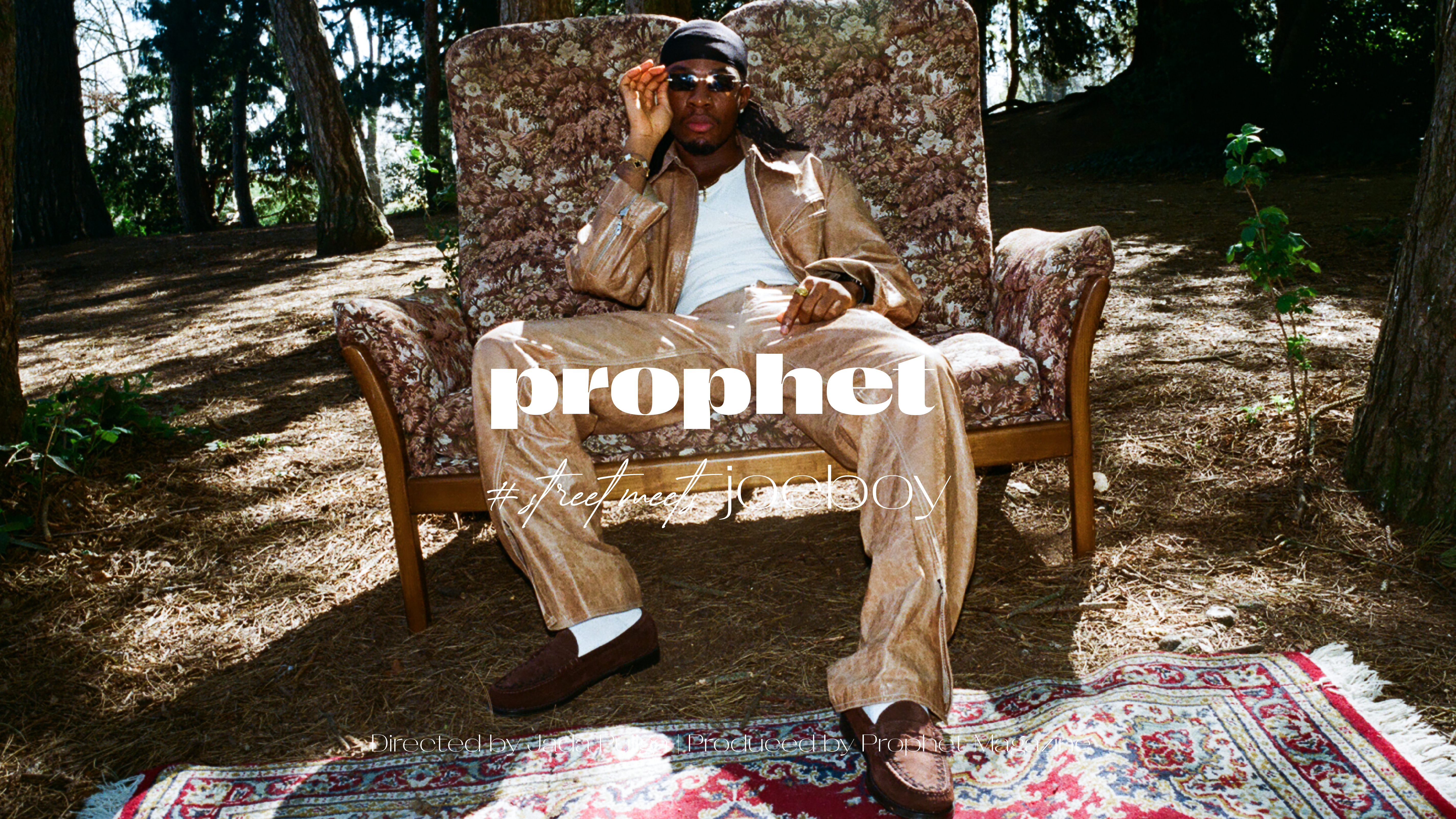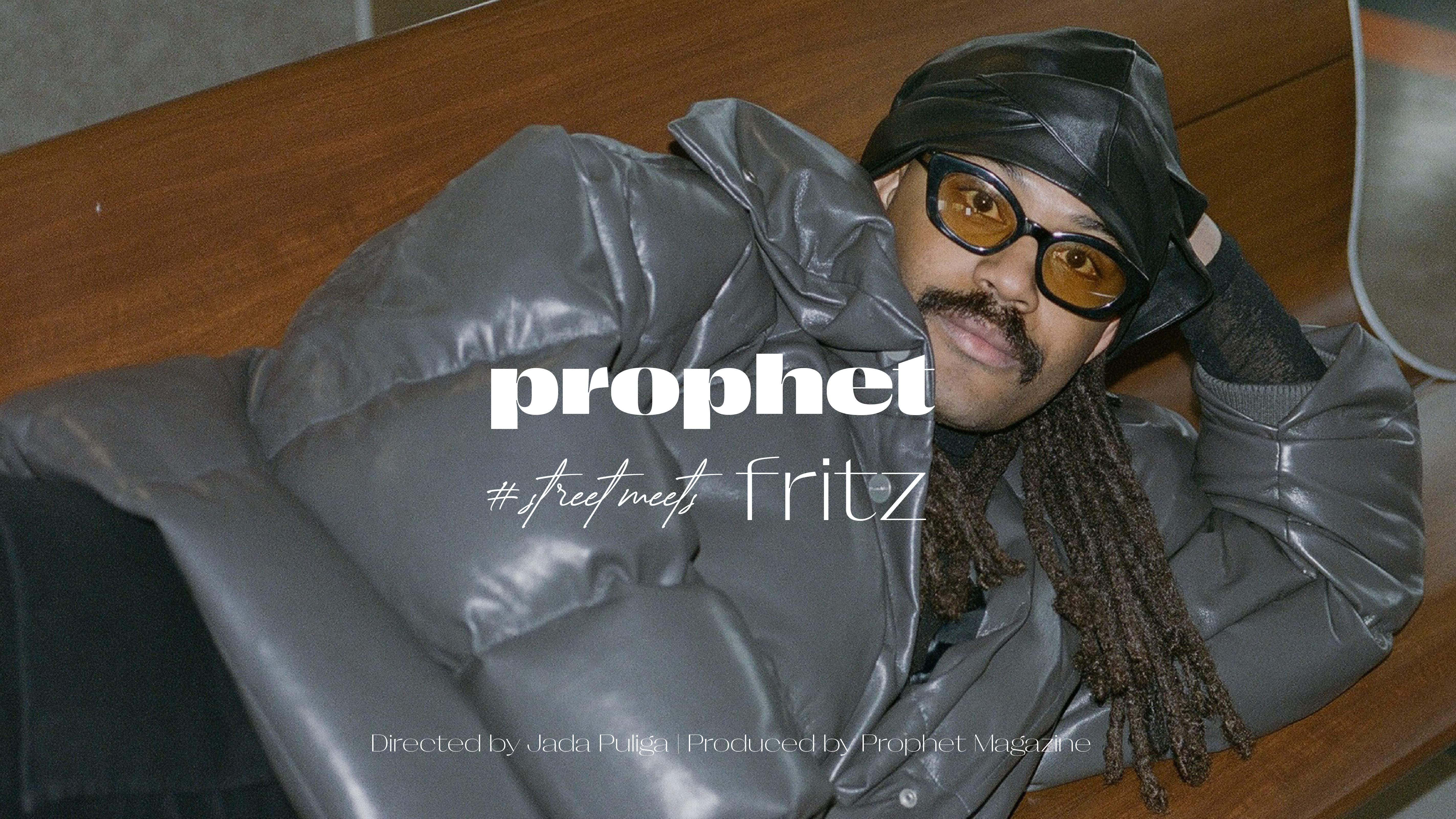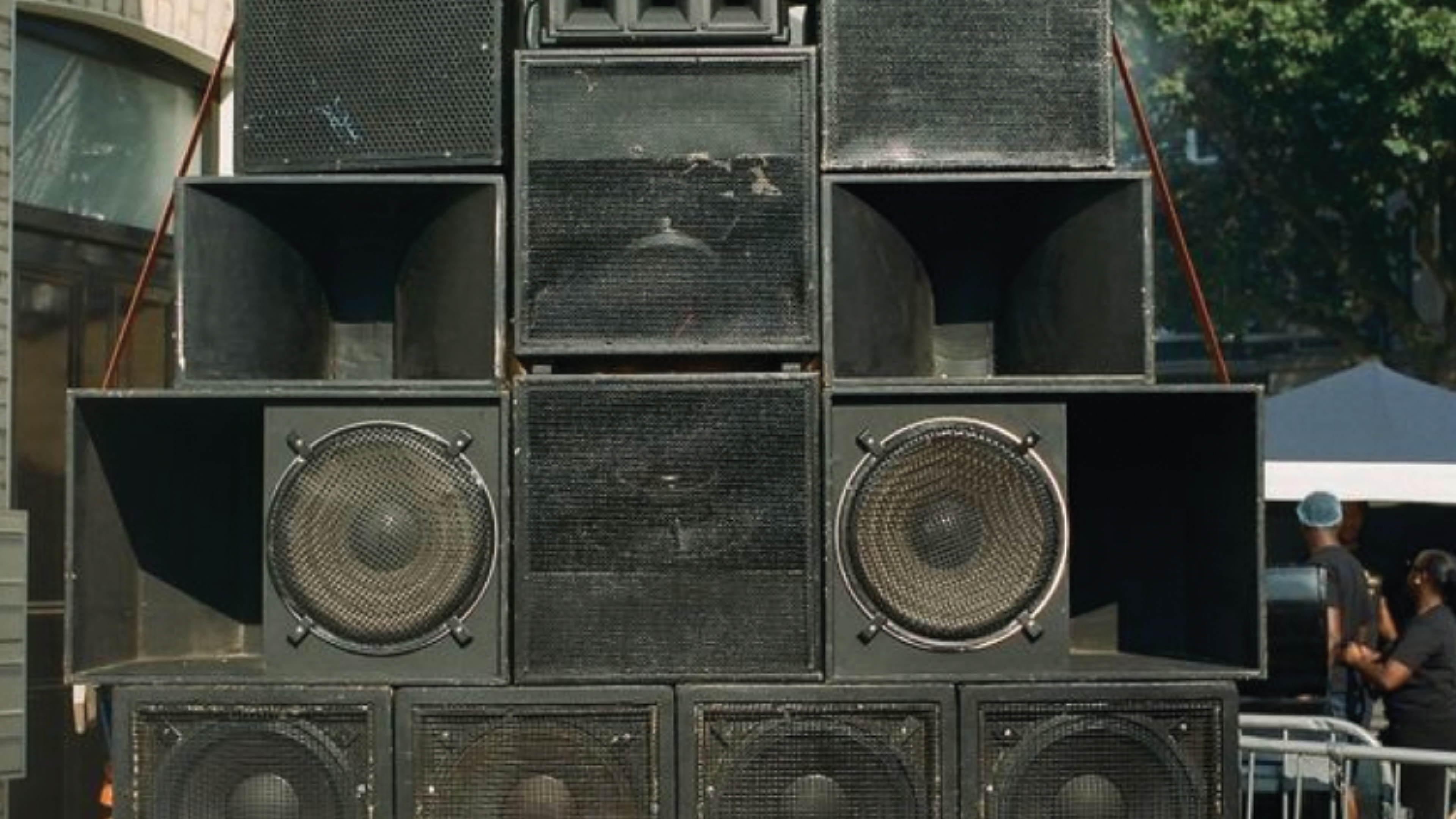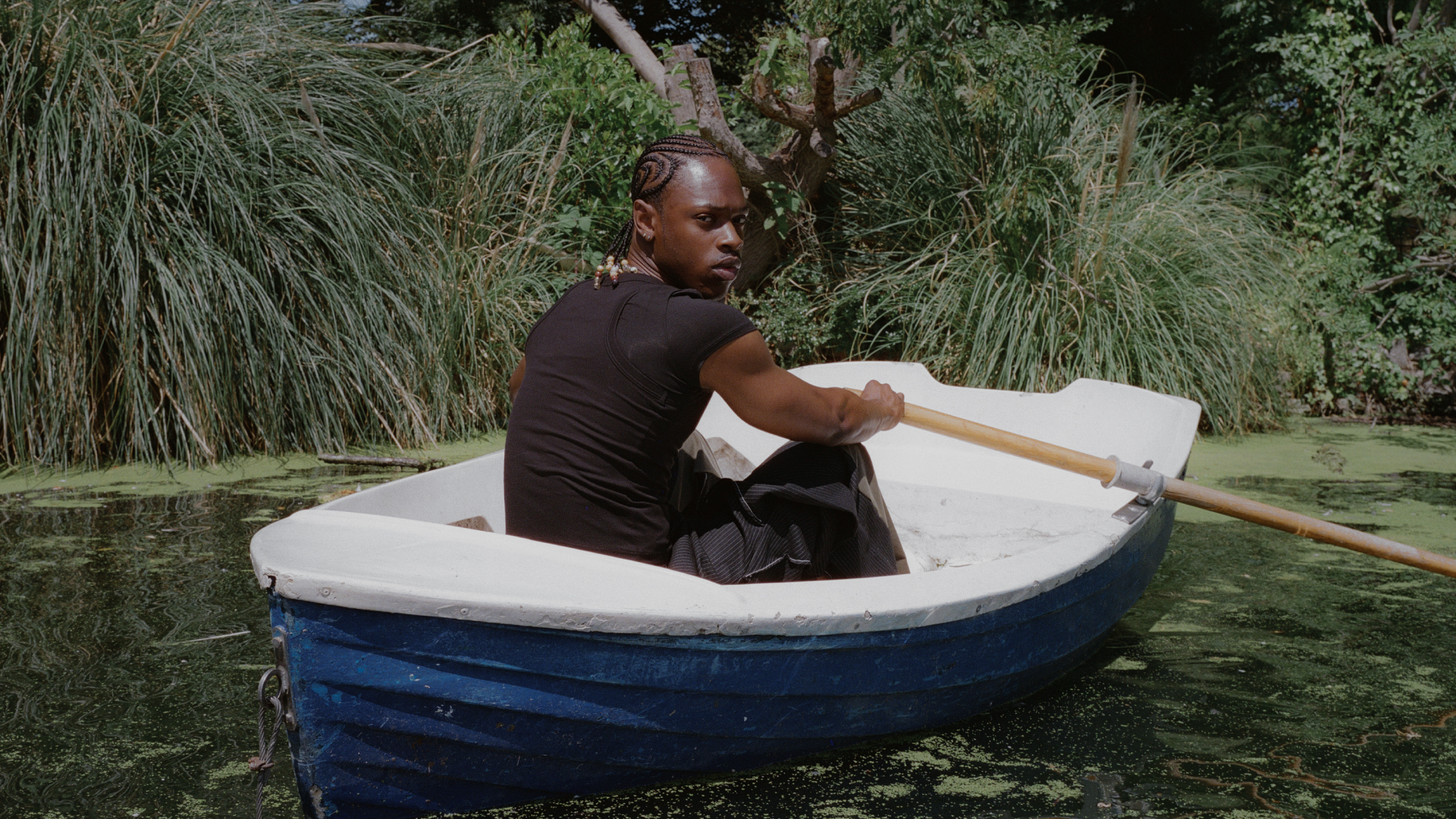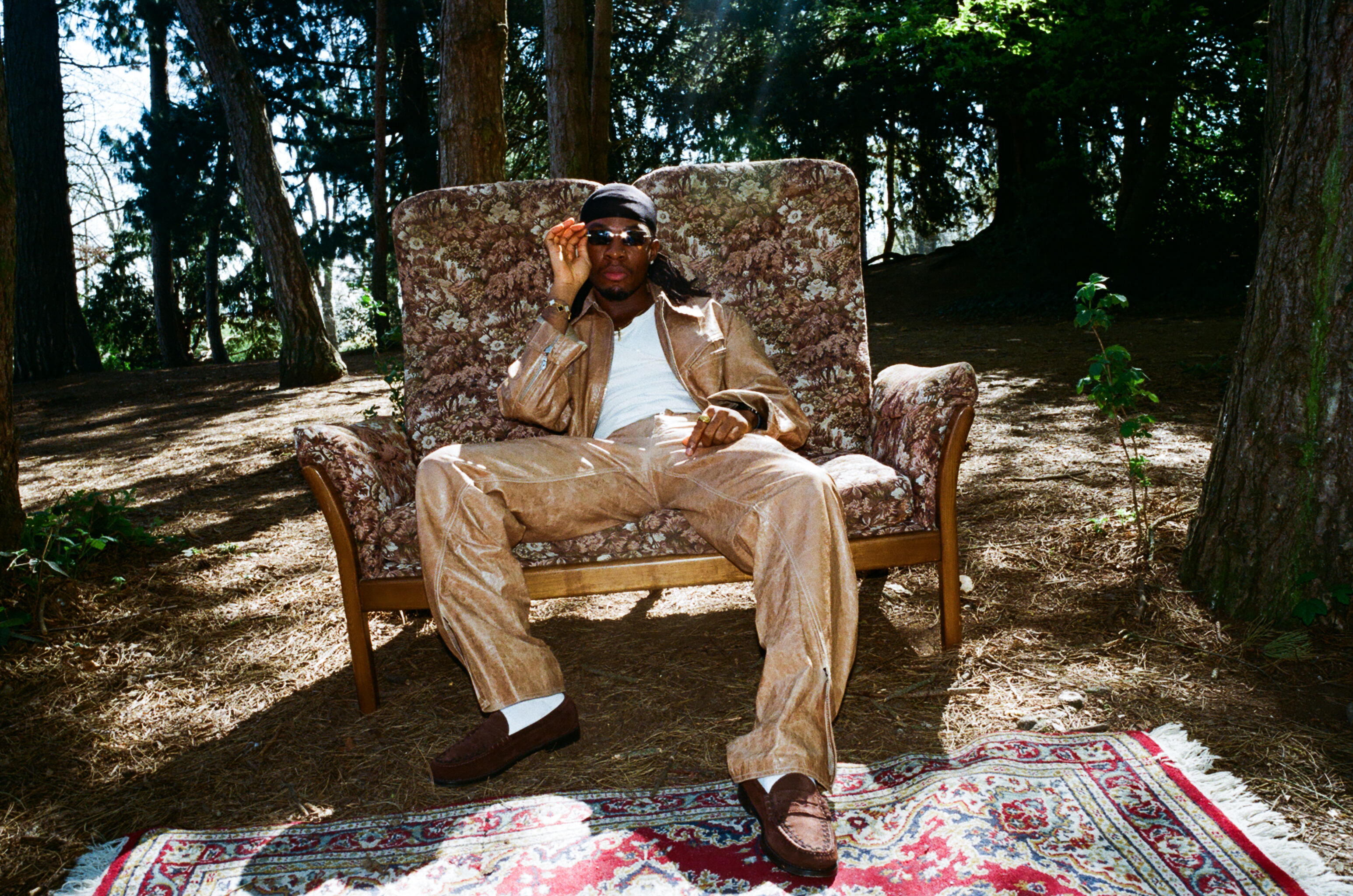Black & Booming: The State of Black Media Spaces
Creativity, community, celebration, and culture: Black spaces are currently experiencing a shift, particularly Black media spaces. Whether it’s a book or a culture club, Black media spaces are growing and multiplying, both offline and online.
Writer and self-described ‘Black book fanatic’, John-Paul is the creator of the BookTok and Bookstagram space, jpreads6, where he reviews various books written by Black authors and has discussions with them and culture enthusiasts. Avid reader and honorary Beyhive member (her words, not mine), Josephine, is the creator of the amammerɛ collective, a community that delves into all aspects of Black culture including fine art and film. I had the opportunity to sit down with these two incredible creatives to talk about their spaces.
What made you decide to create your space?
John-Paul: Things were tough at university, so I decided to get back into reading after an extended hiatus. The comfort I found in the words ignited my passion, and I was encouraged to create a BookTok space. I only started developing it properly in 2023, so I haven’t been in the scene for that long.
Josephine: I’ve been active in the book community for the past eleven years and, pairing this with my fascination with culture, it seemed inevitable. However, while I would go to events and take part in discussions, there was never a space - especially a Black-centric one - that facilitated conversations that were needed. That’s when I thought, “Why don’t I just create a space to do exactly that?”
While both of your spaces centre on Black media, Josephine, yours touches on its variety, from music to movies, while you, John-Paul, focus primarily on literature. Why was this choice made?
Josephine: Access. For me, even though I love reading, I don’t always have time these days due to work, and I know many people in a similar position. While books are amazing and they were my starting point, there are different mediums I have come to enjoy that provide thought-provoking conversations as well. Also, not finishing a book makes it difficult to join discussions at book clubs, so with amammerɛ, the conversations delve more into the themes of the books rather than primarily focusing on the plot. Having a variety of activities gives people in my space the choice of what they want to partake in, which is important to me.
John-Paul: I’m a bookworm at heart; books are the only medium I am always 100% invested in, so it was natural my space reflected this. Being a daydreamer, books allow me to imagine the scenery and the characters; visual media already does it for you, and I don’t always enjoy that. Creating a space that is queer-friendly and centred on what I love, honing in on Black literature and having such an amazing reception has been a great experience.
How has the journey been and what have you learnt and continue to learn from it?
John-Paul: My journey has been strange; being one of the few male Black British BookTokers, having my face and voice become recognisable is something I am still getting used to. Not being a people pleaser is a lesson I constantly remind myself of, and knowing my worth was important as I grew my space. I only recently came to terms with the impact I am making and its significance but also the fact that it doesn’t always translate into opportunities. I have honestly just learnt that you need to keep on marching and grab opportunities that align with you and your worth.
Josephine: There have been positives and negatives. Dealing with people who may not have your best interest in mind was eye-opening. Learning to pick myself back up after losing momentum showed me that this was truly something I wanted to do. As John-Paul said, seeing the impact you have on people is rewarding and it makes most of the negatives fade into the background. I have realised that while people can be the problem, they can also be what drives you to move forward.
What's your take on the increased interest from organisations in Black media spaces?
John-Paul: 80% of it is fake, and I say this because organisations will say Black-centric books aren’t selling but aren’t giving these books to clubs that can properly dive into what these books cover, so what do they expect? If these organisations also supported individuals such as those in BookTok spaces instead of just handing over a proof copy and expecting a review, that would be interesting, but they don’t. A lot needs to be done before this interest can be seen as genuine. However, right now, it’s mostly hollow, and that needs to be fixed.
Josephine: It was the BLM movement that jolted these organisations into action, and while the momentum is slowing down, it is still a hot topic, but it’s all for show. While we should shame these companies for their superficial support, we should also realise that these decisions are from specific people in power. They decide who gets opportunities, and they too need to be held accountable. To me, the interest would be far more authentic if there was a diversity of thought in these organisations because you would have people who understand what needs to be done.
How do you think Black media spaces will continue to evolve?
Josephine: Let me big myself up: to do what I’m currently doing, using the space to hold important conversations, there’s so much that needs to be discussed and finding ways to make a difference in our communities. To start to see the bigger picture and give back is how I see the evolution, using the influence these spaces have and making change, no matter how small.
John-Paul: Being more expansive is where I see things going, bringing new and fresh opinions to the table, recognising that as Black people we are constantly changing and growing, no matter how others decide to view us, and our spaces should continue to reflect this.
What's next for your space?
Josephine: My events for the rest of the year have been planned out, so keep your eyes peeled. I want to focus more on the community aspect of my space and giving back, doing more charity-based events to support Black British, specifically West African, charities. I also want my space to have more sharing and educating when it comes to the different types of cultures within the Black culture umbrella. Virtual events are in the cards as well since next year I will be going back to university.
John-Paul: When I created my space, it was to push Black literature onto people’s bookshelves. Now that I have been doing that, the future is all about wielding my influence with more confidence, having a say and more opportunities to have Black authors in my space.
What’s your advice for those starting their spaces?
Josephine:
Resilience is key. Learn to block the noise; it can be so easy to let words knock you down.
Don’t be afraid to let your space stand out and remember to lean on the ones close to you for support because having a space can be difficult.
Make sure you are passionate about it. Do it because it truly is what you want to do.
Don’t start without planning out what you need to do. You can get swept up so quickly when you have no idea what should be done.
John-Paul:
Find people who share similar interests and are further along their journey while creating your space; it can make your journey much smoother.
Surround yourself with people who will show you what you’re worth.
Believe in yourself. Creating a space can be difficult, but nothing good comes without some sweat, and if you can get through that, it’s upwards from there.
Are you craving a book discussion or into traditional and contemporary pottery? These two creatives have a space for you, and chances are, so do several other Black media spaces. The great thing about these spaces is you can join as many as you want to, and, with several being created every day, the experiences are exciting and endless. So, dip your toes or take the plunge and discover spaces that immerse you in the fresh and the familiar.
This interview has been condensed for clarity.
By Kwabena Gyane
